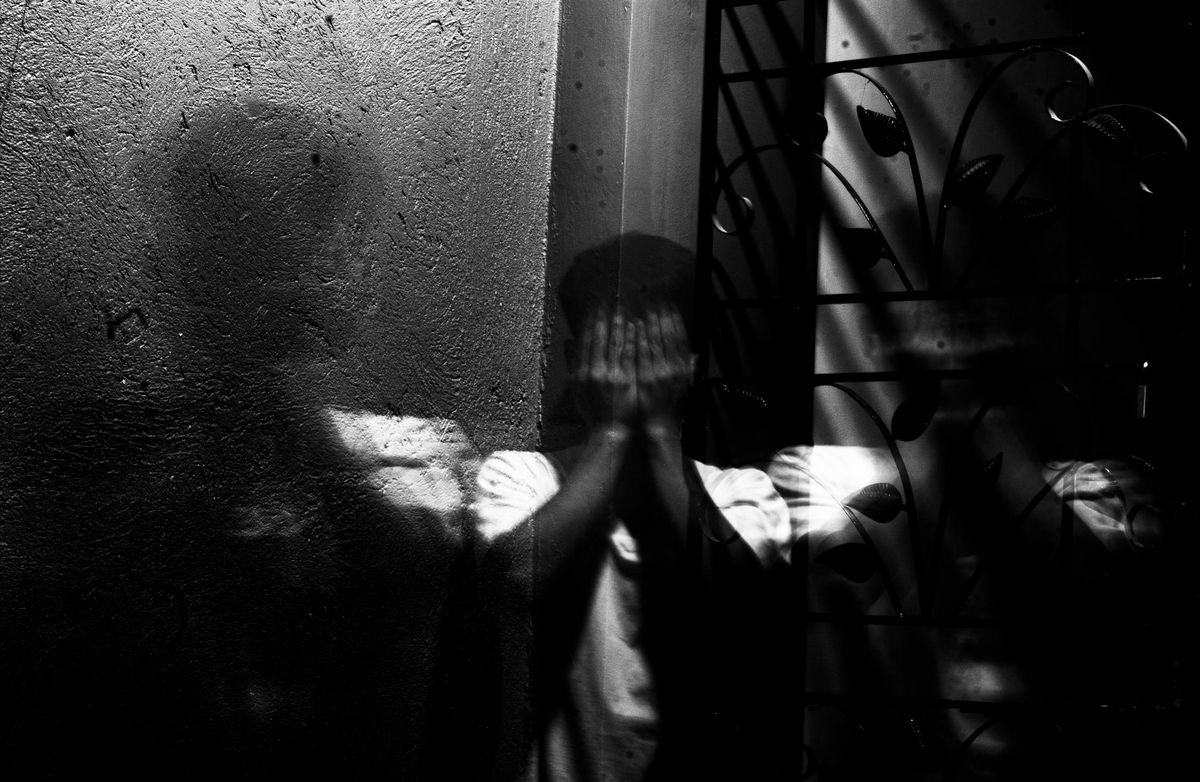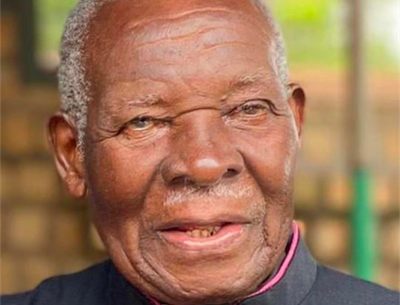
Mental health concerns are escalating in Kasese District, with adolescents and young people identified as the most vulnerable group.
Community leaders and professionals point to early pregnancies, domestic violence, substance abuse, and negative peer pressure especially within schools as the key drivers behind this growing crisis. Health workers, educators, and law enforcement officials have voiced alarm over the trend, calling for urgent and coordinated interventions.
ASP Jane Ngelese, who heads the Child Protection Unit at Kasese Central Police, emphasized the need for a comprehensive approach that tackles the underlying causes of mental distress among the youth. She explained that addressing domestic violence and early pregnancies would greatly reduce cases of mental illness in the area. According to her, "police are conducting awareness campaigns to sensitise residents about the dangers of untreated mental health conditions."
ASP Ngelese also disclosed that over the past nine months, the district has recorded more than 10 suicide cases, many of which have been linked to mental health struggles.
During an event at Kasese Primary School commemorating International Repair Day, Joan the team leader at Raising Gabdho Foundation, highlighted the importance of vocational training in improving youth mental health and empowerment. She explained that learning practical skills can help young people build confidence and a sense of purpose, thereby steering them away from harmful behaviours like substance abuse.
International Repair Day, observed on October 19 each year, celebrates innovation and creativity by encouraging the repair and reuse of broken or discarded items. Joan noted that such initiatives can offer hope and income opportunities to unemployed youth dealing with mental health challenges.
Similarly, Ntama Wilson, Chairperson of salon operators in Kasese Municipality, echoed the benefits of vocational skilling, saying it keeps young people engaged and focused, reducing their susceptibility to drug use and other harmful habits.
At the national level, Uganda’s mental health infrastructure remains under strain. With just 20 psychiatrists serving a population exceeding 46 million, access to care is limited. To alleviate this, the Ministry of Health rolled out a community-based treatment model in May under the Community Treatment Order (CTO) strategy. This initiative allows patients to receive follow-up services closer to home, promoting accessibility and reducing stigma.
As the world observes World Mental Health Day today, stakeholders in Kasese are urging for increased investment, public awareness, and stronger collaboration to better support the mental well-being of young people and to uphold the principle that mental health is a universal human right.













Sunrise reporter
Leave a Comment
Your email address will not be published.